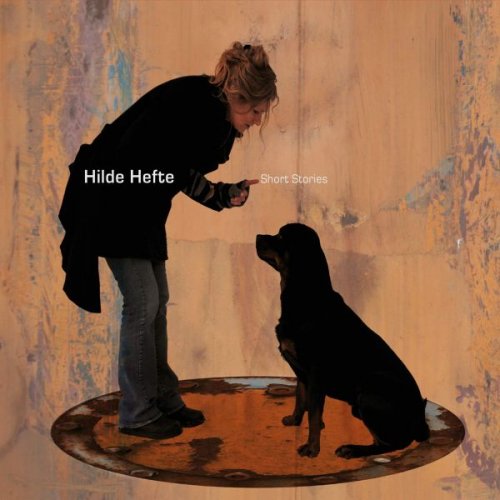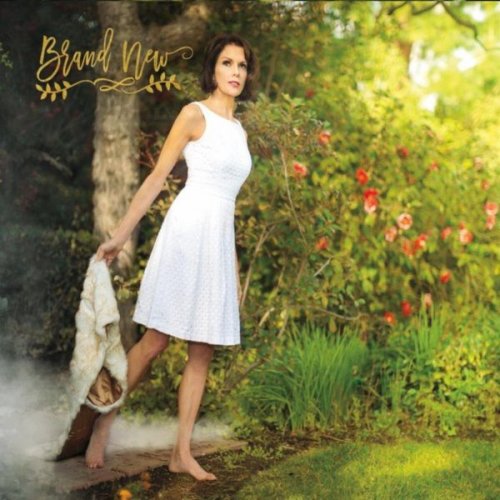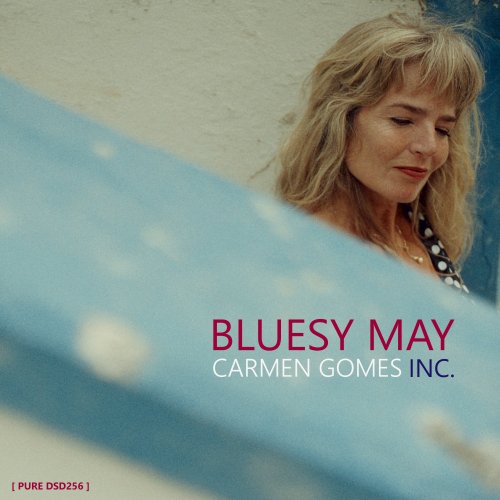01. Call Me the Breeze 2:38
02. Magnolia 3:25
03. After Midnight 2:25
04. Lies 2:58
05. If You’re Ever in Oklahoma 2:05
06. Cajun Moon 2:17
07. I Got the Same Old Blues 3:01
08. Cocaine 2:54
09. Hey Baby 3:14
10. The Woman That Got Away 2:57
11. Don’t Cry Sister 2:15
12. Sensitive Kind 5:09
13. Carry On 2:22
14. Mama Don’t 3:51
15. Cloudy Day 5:26
16. Don’t Wait 3:10
17. Does Your Mama Like to Reggae 3:42
18. Dr. Jive 1:45
19. Losers 2:43
20. Takin’ Care of Business 2:12
21. Teardrops in My Tequila 2:18
22. Guess I Lose 2:51
23. Rollin’ 2:55
24. My Cricket 2:35
25. Lawdy Mama 2:58
26. Out of Style 2:24
27. Ooh La La 3:29
With his laid-back rootsy style, J.J. Cale was best-known for writing "After Midnight" and "Cocaine," songs that Eric Clapton later made into hits. But Cale's influence wasn't only through songwriting -- his distinctly loping sense of rhythm and shuffling boogie became the blueprint for the adult-oriented roots rock of Clapton and Mark Knopfler, among others. Cale's refusal to vary the sound of his music over the course of his career caused some critics to label him as a one-trick pony, but he managed to build a dedicated following with his sporadically released recordings, several of which, including four singles between 1972 and 1976, entered the Top 100. While Naturally, his 1972 full-length, placed a respectable number 51 on the Top 200, it was The Road to Escondido, his 2006 collaborative album with Clapton, that charted highest at 23, won a Grammy for Best Contemporary Blues Album, and was Cale's first RIAA-certified gold record. Cale's songs have been covered by everyone from Lynyrd Skynyrd and Clapton to Neil Young and the Allman Brothers, to Beck, John Mayer, and Band of Horses, to name a few, and have been used extensively in film and television. After Cale passed in 2013, Clapton gathered a group of like-minded friends and musicians for The Breeze: An Appreciation of JJ Cale. The album, released one year later, was loaded with high-profile guests and charted inside the Top Ten in seven countries.
Born in Oklahoma City but raised in Tulsa, Cale played in a variety of rock & roll bands and Western swing groups as a teenager, including one outfit that also featured Leon Russell. In 1959, at the age of 21, he moved to Nashville, where he was hired by the Grand Ole Opry's touring company. After a few years, he returned to Tulsa, where he reunited with Russell and began playing local clubs. In 1964, Cale and Russell moved to Los Angeles with another local Oklahoma musician, Carl Radle.
Shortly after he arrived in Los Angeles, Cale began playing with Delaney & Bonnie. He only played with the duo for a brief time, beginning a solo career in 1965. That year, he cut the first version of "After Midnight," which would become his most famous song. Around 1966, Cale formed the Leathercoated Minds with songwriter Roger Tillison. The group released a psychedelic album called A Trip Down Sunset Strip the same year.
Deciding that he wouldn't be able to forge a career in Los Angeles, Cale returned to Tulsa in 1967. Upon his return, he set about playing local clubs. Within a year, he had recorded a set of demos. Radle obtained a copy of the demos and forwarded it to Denny Cordell, who was founding a record label called Shelter with Leon Russell. Shelter signed Cale in 1969. The following year, Eric Clapton recorded "After Midnight," taking it to the American Top 20 and thereby providing Cale with needed exposure and royalties. In December 1971, Cale released his debut album, Naturally, on Shelter Records; the LP featured the Top 40 hit "Crazy Mama," as well as a re-recorded version of "After Midnight," which nearly reached the Top 40, and "Call Me the Breeze," which Lynyrd Skynyrd later covered. Cale followed Naturally with Really, which featured the minor hit "Lies," later that same year.
Following the release of Really, J.J. Cale adopted a slow work schedule, releasing an album every other year or so. Okie, his third album, appeared in 1974. Two years later, he released Troubadour, which yielded "Hey Baby," his last minor hit, as well as the original version of "Cocaine," a song that Clapton would later cover. By this point, Cale had settled into a comfortable career as a cult artist and he rarely made any attempt to break into the mainstream. One more album on Shelter Records, 5, appeared in 1979 and then he switched labels, signing with MCA in 1981. MCA only released one album (1981's Shades) and Cale moved to Mercury Records the following year, releasing Grasshopper.
In 1983, Cale released his eighth album, 8. The album became his first not to chart. Following its release, Cale left Mercury and entered a long period of seclusion, reappearing in late 1990 with Travel Log, which was released on the British independent label Silvertone; the album appeared in America the following year. 10 was released in 1992. The album failed to chart, but it re-established his power as a cult artist. He moved to the major label Virgin in 1994, releasing Close to You the same year. It was followed by Guitar Man in 1996.
Cale returned to recording in 2003, releasing To Tulsa and Back in 2004 on the Sanctuary label and The Road to Escondido, a collaborative effort with Clapton, in 2006 on Reprise. Roll On appeared in 2009 on Rounder Records. A CD/DVD set drawn from sessions Cale recorded with Leon Russell on keyboards in 1979, In Session at the Paradise Studios, appeared early in 2013. In July of that year, Cale died of a heart attack in a hospital in the La Jolla neighborhood of San Diego, California; he was 74 years old.
Clapton assembled a high-profile roster for The Breeze: An Appreciation of JJ Cale, which included himself, John Mayer, Willie Nelson, Tom Petty, Derek Trucks, Mark Knopfler, and more. In 2019, a compilation of unreleased tracks entitled Stay Around was curated and released by Cale's widow, Christine Lakeland. Cale was famous for recording more than he needed for any given album; he held tracks back to either include as B-sides or for future recordings. This assemblage was performed by a cast that included Bobby Emmons, Jim Keltner, Reggie Young, David Briggs, and many more.
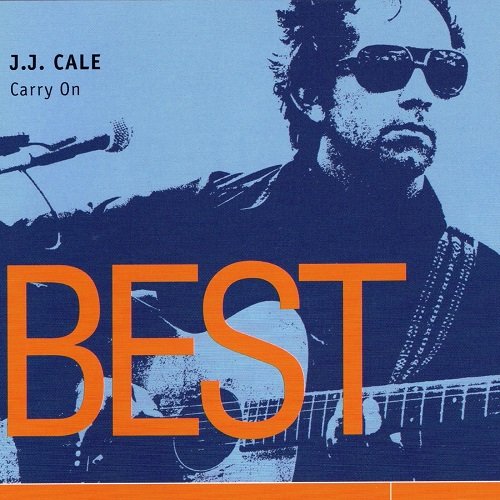

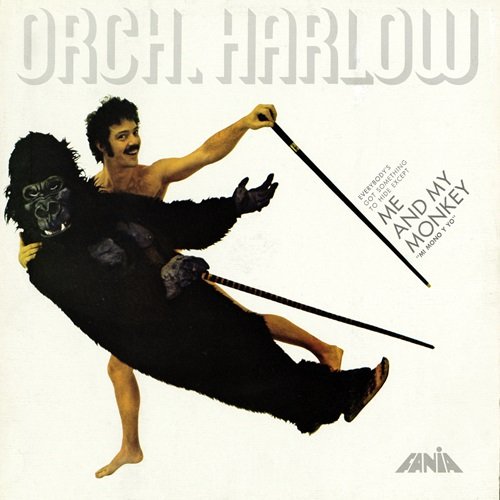
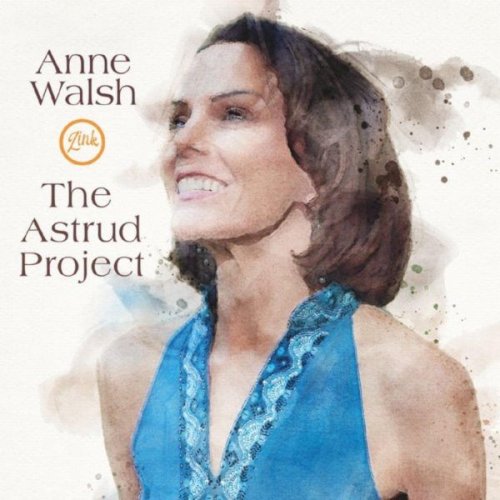
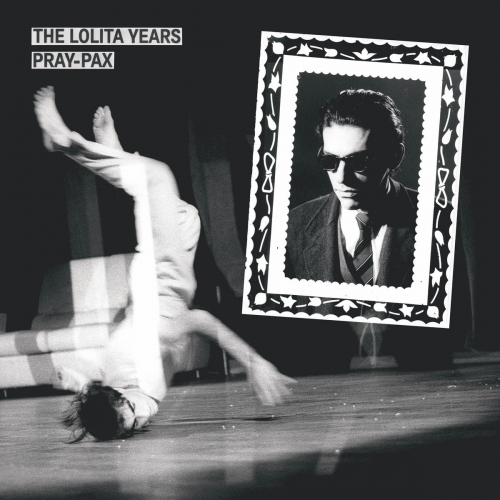
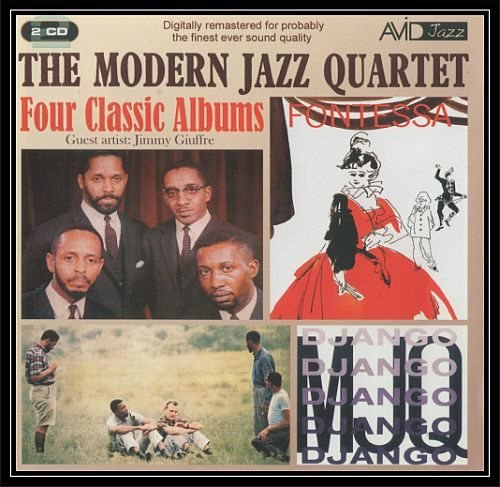
![Andrew Lloyd Webber, Rachel Zegler - EVITA (2025) [Hi-Res] Andrew Lloyd Webber, Rachel Zegler - EVITA (2025) [Hi-Res]](https://www.dibpic.com/uploads/posts/2025-10/1761546554_yfdt6d6du8uzyp7tcsgvlkzjh.jpg)
![VA - Best of ABC Jazz '25 (2025) [Hi-Res] VA - Best of ABC Jazz '25 (2025) [Hi-Res]](https://www.dibpic.com/uploads/posts/2025-10/1761874251_el2tr8e21k5ca_600.jpg)
